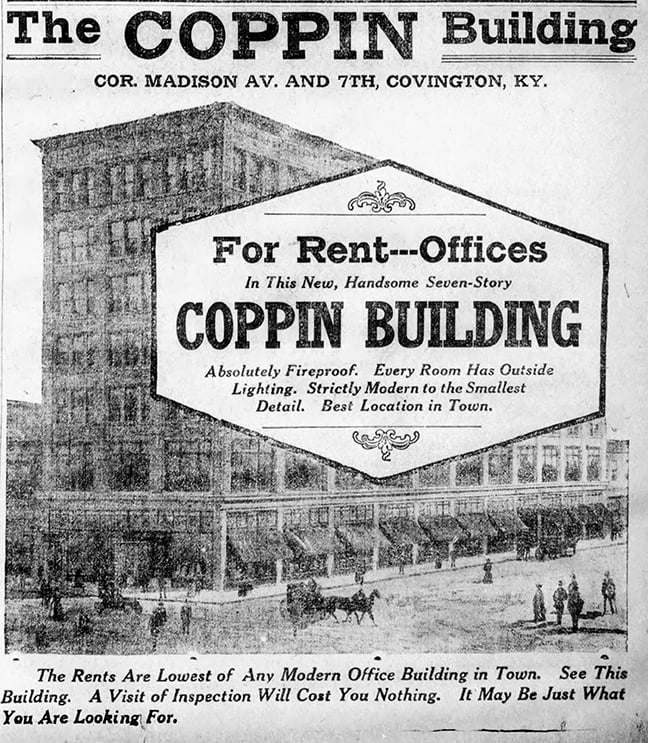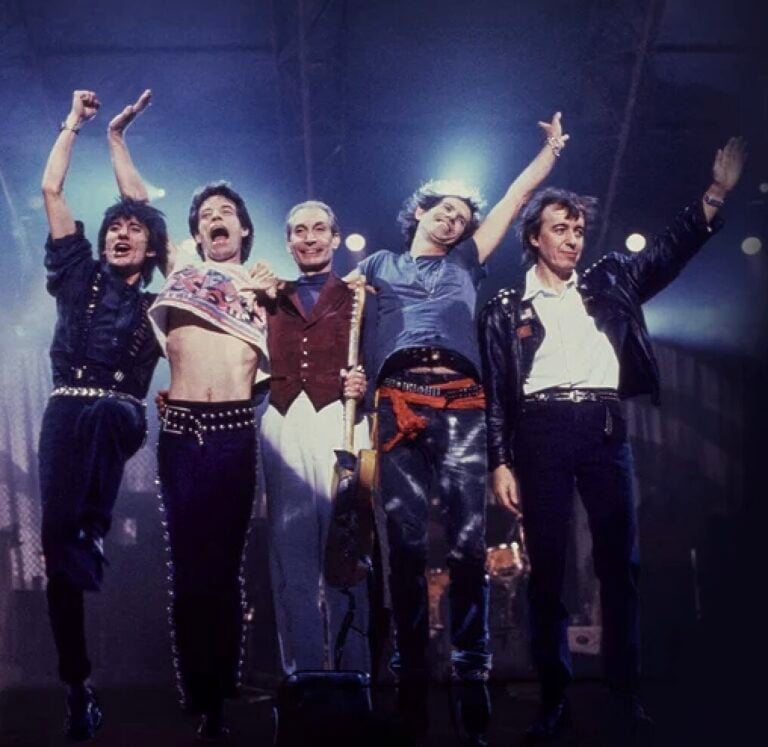Gov. Andy Beshear said one reason he went to South Carolina last week was to see his 16-year-old son Will play baseball. But he spent the first two days there entering the big leagues of politics in the state where Democrats are scheduled to cast their first votes for president in 2028. His trip gave the clearest idea yet of what a Beshear campaign for the White House would look like, and his first close read by observers in a critical state.
Beshear’s excursion was set up nicely by his greatest sustained national news-media exposure: a 43-minute podcast with The New Yorker magazine, published online July 9; a July 13 interview on “Meet the Press,” and favorable treatment from conservative columnist George Will, who prefers governors as presidents and likened him to Jimmy Carter and Bill Clinton, Southern governors who moved up. “His electoral and governing achievements are impressive,” Will declared, citing three straight wins in a state that has become solidly Republican.

Kentuckians know Beshear’s success has come not only from his handling of the pandemic, disasters and economic development, but a unique mix of dynastic Democratic-heritage politics and associated name recognition, which narrowly elected him attorney general in 2015; deep dislike of the Republican governor he unseated in 2019; and running on abortion rights after the Supreme Court changed the politics of that issue.
None of that will matter if Beshear runs for president, but his ambition should be helped by two characteristics that have been greatly responsible for his political success. The first is his ability to stay disciplined and focused, as noted in a Vogue magazine profile. That’s key in presidential campaigns, where tangents and pitfalls await at every stop. The second is his continued self-improvement. Looking at video from South Carolina, he still seems just a bit green, and he still hasn’t learned to say “who” instead of “that.” (See below.) But news coverage and commentary showed that he continues to get better, and that he drew good crowds and won some friends in a key state. “Andy Beshear is the sort of Democrat South Carolina likes,” read the initial headline over the column of longtime Charleston Post & Courier metro columnist Brian Hicks.
Beshear’s approach contrasted with that of California Gov. Gavin Newsom, who was in South Carolina for two days the week before. Newsom appeals to base Democrats by baiting President Trump; Beshear is aiming for moderates, independents and anti-Trump Republicans with a focus on kitchen-table issues. “We can’t be runnin’ after every outrage of the day,” he said on Pawleys Island. “The most important thing we can do is be laser-focused on people’s jobs, their next doctor’s appointment, the roads and bridges they drive, the school they drop their kids off at, and whether they feel safe in their community.” He told The New Yorker that he’s for term limits, a populist totem, and that the party and its candidates “need to spend 80 percent of our time on these issues” because “People don’t wake up thinking about politics.”
On the other 20 percent, Beshear blasts Trump’s tariffs, “cruelty and incompetence.” and his big bill’s impact on rural areas. He deals deftly with LGBTQ+ rights, the most troublesome culture-war topic for Democrats. He told The New Yorker that when he vetoed “the nastiest piece of anti-LGBTQ legislation our state had ever seen . . . I said ‘My faith tells me that children are children of God, and I’m gonna stand up for these kids.’ . . . People respect conviction and they want people that stand up for what they believe in.”
A deacon in the Disciples of Christ (Christian Church), Beshear typically refers to his faith in speeches. That’s trickier than it was for Carter, because the country is more secular now. It seemed to play well in South Carolina, which is friendlier territory for a Southerner than, say, New Hampshire. But independents can vote in the New England state’s primary, which could be Democrats’ first in 2028. Beshear’s been there, too.
He will be in many places through 2026, as that year’s chairman of the Democratic Governors Association. It’s his best chance to build political capital, especially with campaign contributors. He surely knows it’s a heavy lift. “What we really need is someone who can heal this country, to get us back together, to not have this constant us-versus-them,” he told The New Yorker. “And what I’ll consider is, am I a candidate that can do that? Or is someone else a candidate that can do that? And if it’s someone else they’ll have my full backing, because I love this country more than anything, and we’ve just got to get back to a better place for every future generation.” That’s good common ground to start a campaign.




















